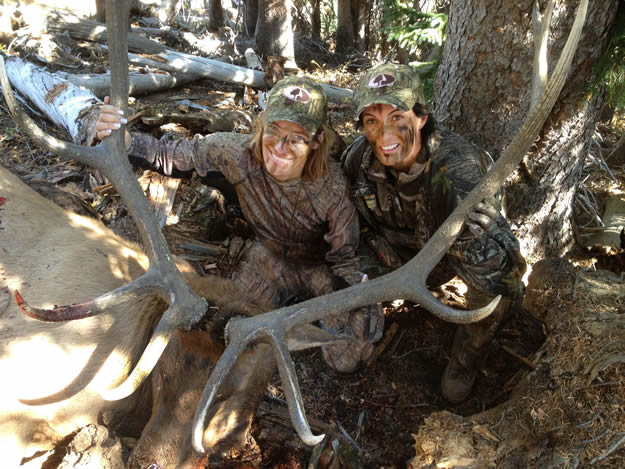When we talk about planting tips for the hunting season, it is important to point out that there can be significant differences in the timing for where you might live compared to other gamekeepers. For example the guy or gal who lives in northern Minnesota will have a 45-60 day difference in the time of year when they would plant their food plots for the hunting season compared to someone planting in southern Mississippi. This is further complicated by the fact that some species of plants often used in food plots have varying ideal planting times. This large gap is confusing to some and often leads to food plots being planted too early or too late which often results in sub-par plots. As a quick example, if we use the previously mentioned areas, the hunter in northern Minnesota who wants to plant an all brassica blend ideally should try and plant in the last week of July. On the flip side, the hunter in the deep south won’t plant that same blend until late September.
One issue that a lot of food plot managers often run into is what to do with food plots that are planted with warm season annuals like soybeans, lablab, or peas that are still producing good quality food, but it's also time to start preparing that same plot for cool season annuals for the hunting season. I don't know that there's a perfect answer or solution to that issue but I have found what works is to leave a couple of strips or a section of that warm season annual standing that can continue to provide food while you prepare the majority of the plot for your cool season planting. Once a frost hits or the warm season annual matures to the point of non-use, a cereal grain like wheat or oats that germinates quickly can be planted. This is part of a tactic I call plot partitioning and in my experience is very effective in getting the most out of your annual plantings. For gamekeepers in the northern most part of the country, blends like Maximum or Winter Bulbs need to get planted around mid-late July. They will also have annuals that are still providing high protein food for the antler growing process at this same time. Plot partitioning can be the answer to this dilemma. For guys in the Midwest, this is early to mid August and for the south early to mid September.



























